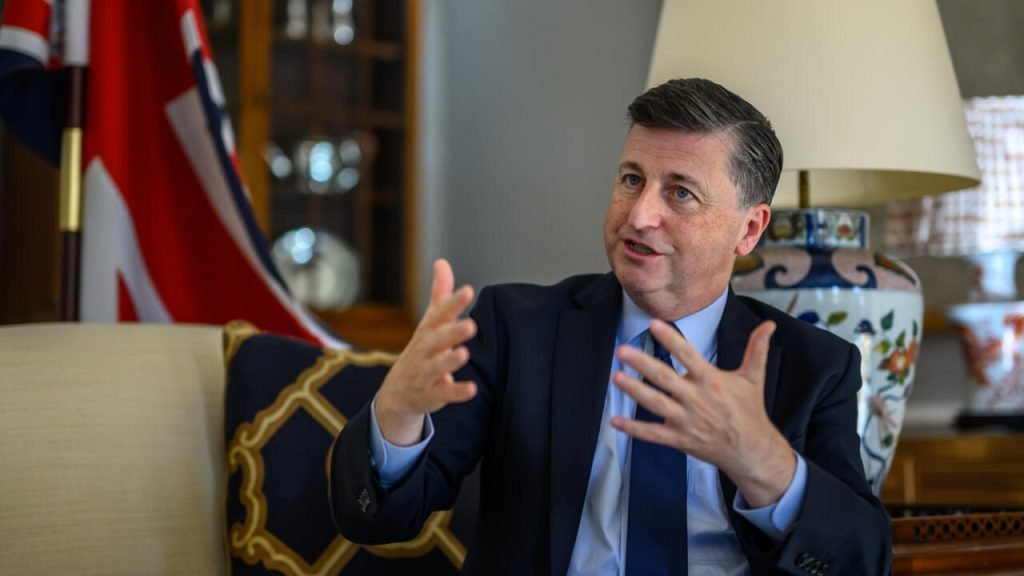African exporters are set to benefit from a new set of trade reforms introduced by the United Kingdom aimed at making it easier for developing countries to access the UK market and strengthen economic ties.
The changes, announced on July 10, are part of an upgrade to the UK’s Developing Countries Trading Scheme (DCTS).
A key highlight of the reforms is the simplification of rules of origin, which will allow exporters in African countries to source raw materials and inputs from anywhere on the continent while still enjoying duty-free access to the UK.
“This will make it easier for developing countries to trade more closely with the UK. This is good for their economies and for UK consumers and businesses,” said UK Minister for Development Jenny Chapman.
She noted that the changes signal a new kind of partnership with the Global South — one based on trade and investment rather than aid.
The new rules are expected to encourage more exports to the UK and also boost trade between African countries.
They are in line with the objectives of the African Continental Free Trade Area (AfCFTA), which is projected to unlock $3.4 trillion in economic activity across the continent.
In 2024, the UK imported over £3.2 billion worth of goods from African countries under existing preferential trade terms. British officials say this number is expected to grow with the introduction of the new reforms.
UK Minister for Trade Policy Douglas Alexander said trade has a major role to play in economic development.
“No country has ever lifted itself out of poverty without trading with its neighbours. Over recent decades, trade has been an essential ingredient in lifting hundreds of millions of people out of poverty around the globe.”
The reforms will allow African businesses to qualify for duty-free exports even if they use inputs from other African nations. The UK will also offer support to help exporters meet health, safety, and customs standards.
In the long term, the UK government plans to ease trade in services such as digital, legal, and financial sectors through future trade agreements with African nations.




